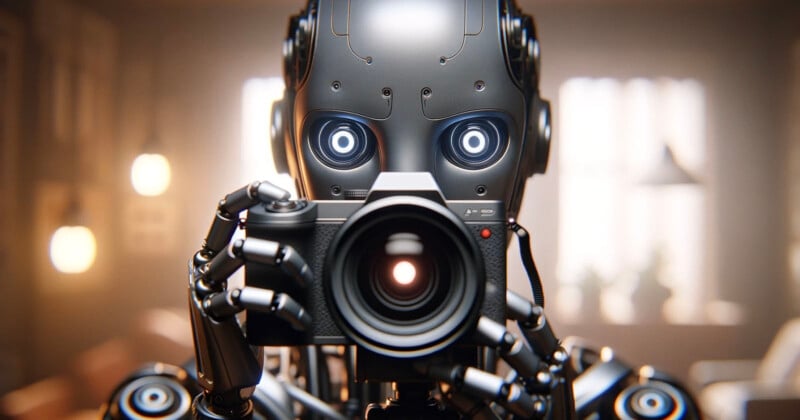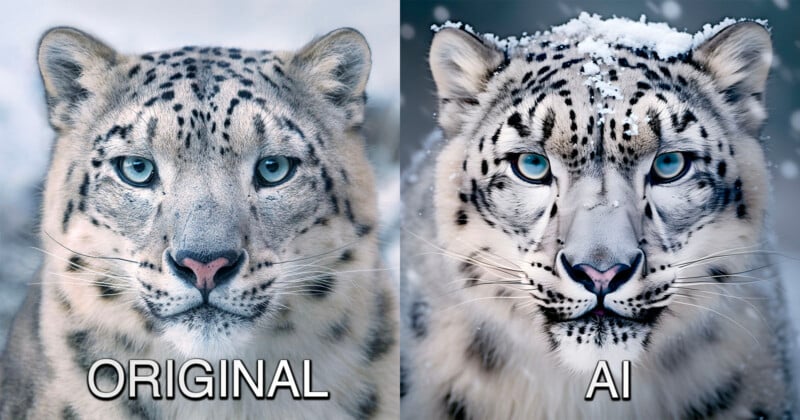
A portrait competition in Australia that is open to photographers and artists will allow AI images to enter this year.
The Brisbane Portrait Prize (BPP) was won by a photographer in 2021 but last year was won by a digital illustration so it is very a mixed media contest.
However, the organizers have felt the need to defend the changes to 2024’s entry rules which now say it will accept entries “completed in whole or in part by generative artificial intelligence” so long as the artwork is original and “entirely completed and owned outright” by the artist.
Speaking to The Guardian Australia, the organizers argue that art is not stagnant and AI art is contemporary — pointing out that previously artists have taken issue with photographic entries being allowed.
“BPP prides itself on being a contemporary prize and we are always interested in what ‘contemporary’ portraiture is while fostering both the ongoing evolution of art and engaging in the surrounding conversation,” said a spokesperson.
A Question of Ownership
The competition requires entrants to own copyright over their work — but who owns the copyright of an AI image?
As of early 2024, it’s a question with no definitive answer. The U.S. Copyright Office, for example, will not register works generated by artificial intelligence.
“The thing that is unclear [is] how much human contribution is enough for a human to become an author,” Dr. Rita Matulionyte, a senior lecturer in law at Macquarie University, tells The Guardian.
“Is one prompt enough or is it 100 prompts that you have to make?”
“Creating an image through a camera and imagining one through keyword prompting is a completely different experience that draws on largely different skills,” adds Dr. TJ Thomson, a senior lecturer at RMIT’s School of Media and Communication.
“Some knowledge of photography principles and equipment can inform one’s prompting, but having camera-produced and AI-generated imagery compete wouldn’t be fair.”
Photo Competitions and AI
The competition world is grappling with how to deal with AI; a new technology that is both popular and unpopular.
In November, the World Press Photo contest bowed to pressure from the photographer community after it initially announced AI-generated images would be allowed in the “Open Format” category of the competition before u-turning on that call.
Also last year, an artist refused his prize from the Sony World Photography Awards after admitting his winning “photo” was AI-generated.
In a way, 2024 will be AI’s sophomore year. The technology will continue to improve and more disputes will arise; largely because of the controversial way text-to-image models are built: billions of pictures hoovered up to train the machines without any compensation or recognition to the human authors.

PetaPixel recently spoke to famed photographer Tim Flach who showed how easy it is to recreate his distinctive photos on AI image generators like Midjourney.
“Essentially, we’re putting a lot of resources into generating content that is being ingested and spat back out again,” Flach said.
